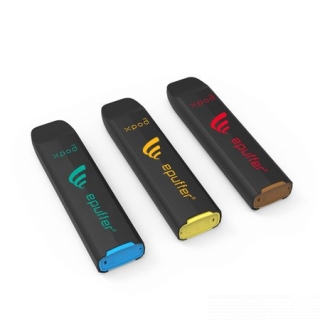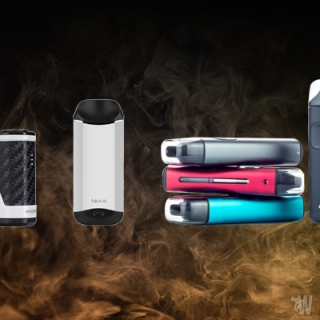The electronic cigarette business is booming with 10 new brands each month

Electronic cigarettes are one of the hottest trends to have ever hit the market and with an ever-growing popularity, the industry expands at an astonishing rate. According to a new study from the University of California, San Diego published in ‘Tobacco Control’ journal, an average of 10 new electronic cigarette brands and up to 240 new e-liquid flavors made their debut on the market each month from 2012 to 2014. As of January 2014, there were 466 e-cig brands sold online and more than 7,700 flavors. A separate survey in the same journal reported that some 29 million people in the European Union had tried the e-cigarette, based on 2012 data.
Scientists looked at data collected in December and January, when 14 research assistants were asked to spend several days scouting the Internet for websites that sell electronic cigarette products and accessories directly to consumers.
The study also concluded that the most popular e-liquid flavor category is fruit, followed by the dessert/chocolate, alcohol/drinks, and snacks/meals categories.
E-cigarettes are battery-powered devices that heat an e-liquid, typically propylene glycol, to a vapour. This liquid usually contains nicotine and flavorings.
‘The numbers were pretty startling,’ said Sharon Cummins of UC San Diego, one of the co-authors of the paper. ‘How can you even come up with 7,700 flavors?’ she said very surprised about these findings.
The researchers discovered that older brands were more probable to allege that e-cigarettes are healthier or more affordable than traditional cigarettes. They were also more suitable to insist that e-cigarettes are a good way to make users kick their nasty smoking habit. Newer brands were less likely to make such claims and more focused instead on their selection of flavors or devices.
‘It almost seems that newer brands don't want to be compared to cigarettes, which are associated with the image of cancer,’ said Shu-Hong Zhu, lead author of the study, Ph.D., a professor of family and preventive medicine and director of the Center for Research and Interventions in Tobacco Control at UC San Diego.
The FDA has scheduled rules that would ban the sale of these sorts of devices to minors and require e-cigarette companies to list ingredients and nicotine strength. In the meantime, the vaping market is expected to reach $2 billion this year.
Zhu's research team says they support the FDA’s proposed regulations, but they say that any rules that are too strict might favor companies with strong financial support that are owned by big tobacco corporations. The crucial aspect in regulating e-cigarettes, they said, should be to reduce the number of people smoking traditional tobacco cigarettes. ‘Obviously, tobacco companies would be more concerned with protecting cigarette market share than smaller e-cigarette companies,’ Zhu said.









